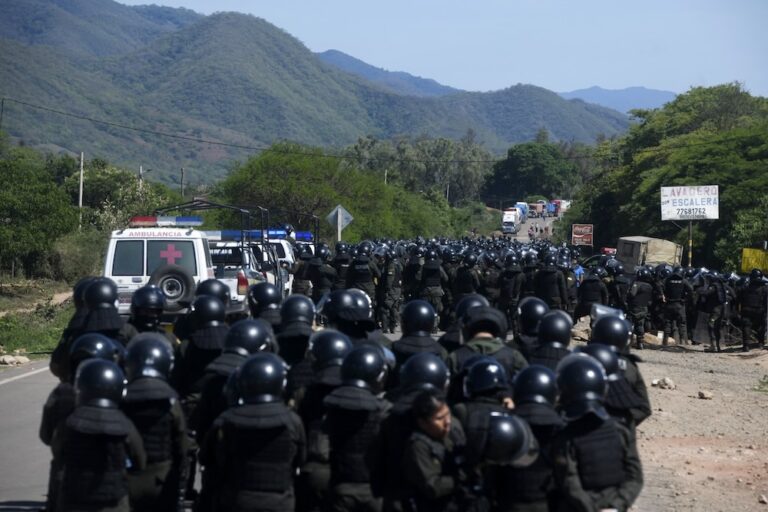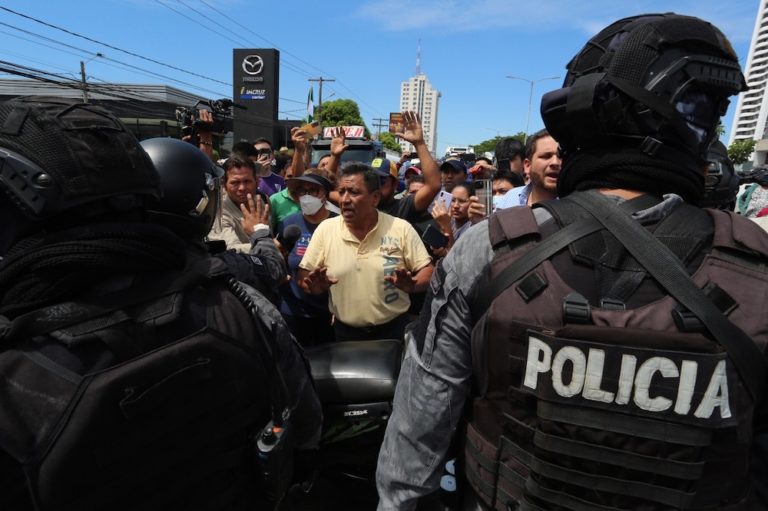A criminal charge was brought by the Bolivian government against two journalists from newspaper La Razón, accusing them of espionage for allegedly disclosing state secrets.
A criminal charge brought by the Bolivian government against two journalists from newspaper La Razón, accusing them of espionage for allegedly disclosing state secrets, was protested today by the Inter American Press Association (IAPA).
The charge was filed by Attorney General Héctor Arce against reporter Ricardo Aguilar. On April 13 Aguilar published an article several days before the Bolivian government presented to the International Court of Justice in The Hague, Holland, a claim against Chile for the access to the Pacific Ocean. Arce also filed a lawsuit against the La Razón editor, Claudia Benavente.
Aguilar commended the work on gathering data, research and construction of the claim and referred to historic times of conflict between Bolivia and Chile. However, the Attorney General considered that Aguilar had disclosed state secrets and spied and ordered him to reveal his sources.
If found guilty, under Articles 111 and 115 of the Penal Code, the two journalists would face 30 years in prison without right to parole for espionage and one to six years for disclosure of secrets. The journalists’ defense counsel rejected the charge for being brought before ordinary courts and not the special tribunals as the Media Law establishes.
Claudio Paolillo, chairman of the IAPA’s Committee on Freedom of the Press and Information, declared, “Once again we have before us a clear episode of tension between the press and the government, in which the former is doing its work of investigation based on the public’s right to information and the latter seeks to keep everything silent, feeling that any information that is not official is a conspiracy or a betrayal to the country.”
Paolillo, editor of the Montevideo, Uruguay, weekly Búsqueda, added, “This criminal charge concerns us because under the excuse of a misunderstood nationalism, an attempt is made to silence or at least intimidate the work and investigative role of the press.”
Several media organizations and individual members of the press backed the journalists and the newspaper, calling for the charge to be dropped on the grounds that this kind of conflict cannot be dealt with before ordinary courts.


